

William Stopford
BMW recalls over 16,000 vehicles in Australia due to fire risk
3 Days Ago

Contributor
Ford admits it’s frustrated with how administrators have handled the rollout of new rules in Supercars, as it battles to gain parity with the dominant Chevrolet Camaro.
This season has seen the introduction of new Gen 3 race cars, designed to look more like the road-going models on which they’re loosely based.
Teams running the Ford Mustang Supercar have won just two of the first 19 races this season; the remainder have been won by the Camaro.
Ford says it’s working around the clock to address the lack of pace in its cars, but argued it’s been hindered by a lack of cooperation from Supercars since the new rules came into force.
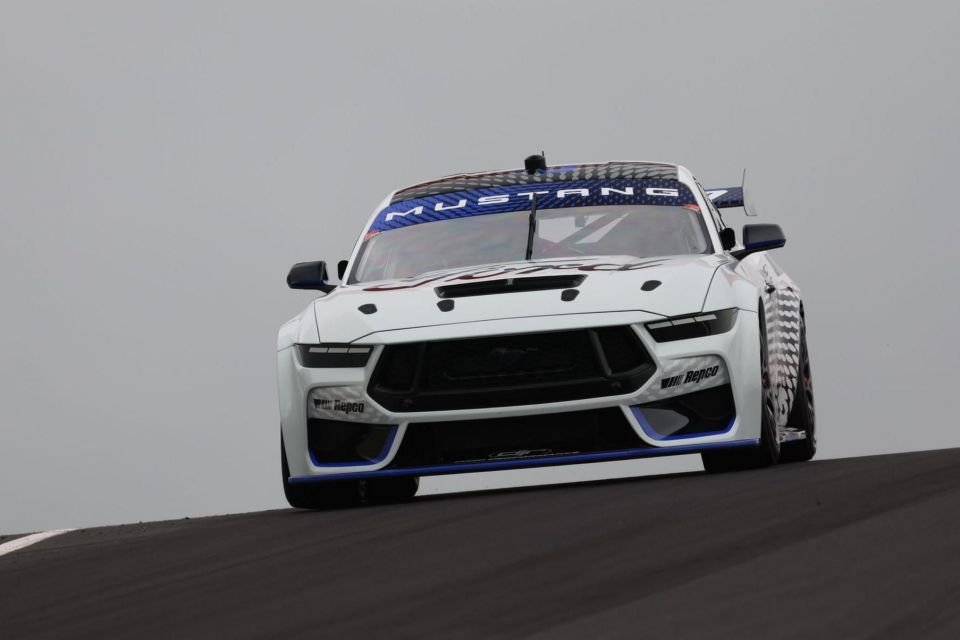
“Am I frustrated with Supercars? Yes,” Mark Rushbrook, global head of Ford Performance, told Australian media.
“Any decision for any series, whether to join or delete, is a difficult decision – because we don’t want to be coming and going”.
Although he’s unhappy with how things have gone so far this year, Mr Rushbrook said Ford and Supercars are making progress on parity… slowly.
Key to speeding up the process is greater transparency of data, which would allow teams to better understand why their rivals are quicker in real time – as is the case in NASCAR.
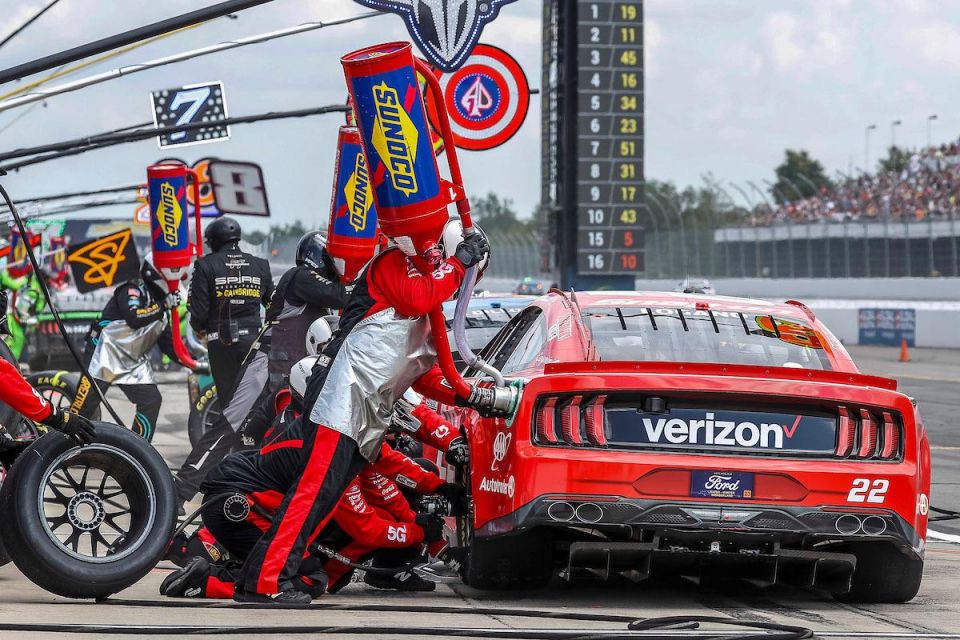
Although Ford insists it’s not planning to bail on Supercars, there is a global template for what close racing between evenly matched V8 cars could look like.
Like Supercars, NASCAR this year moved to new regulations designed to more closely align the Ford Mustang, Chevrolet Camaro, and Toyota Camry.
Drivers, team bosses, and executives told Australian media the changes have made for closer racing, and said they open the door for anyone on the 36-strong grid to win at essentially any track.
There are plenty of similarities between the latest NASCAR and the latest Supercars, to the point where some NASCAR teams used Supercars to help drivers acclimatise to the new rules.
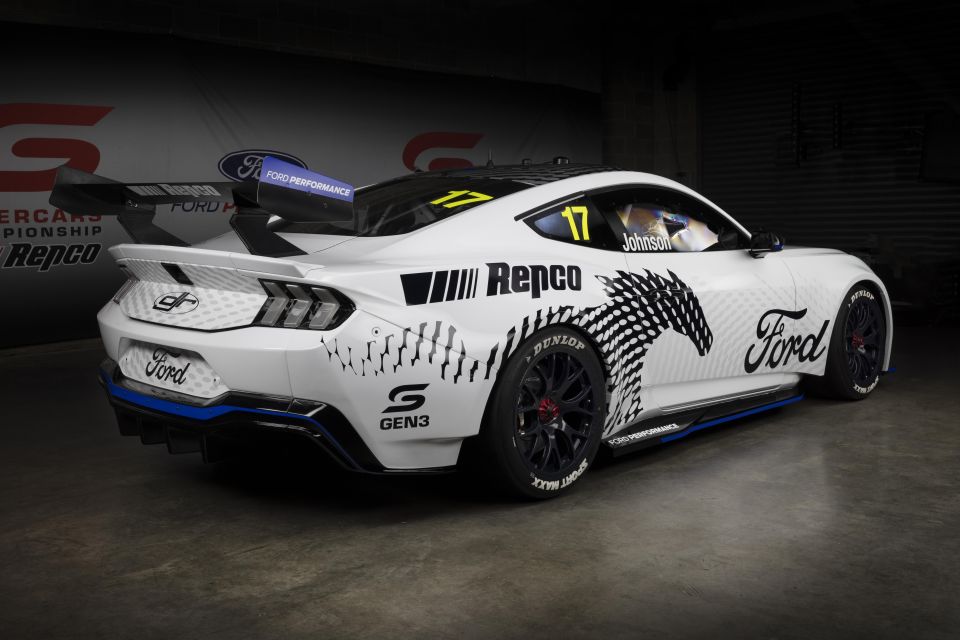
So, could NASCAR – or a version of it – take over from Supercars in Australia? Mr Rushbrook said the idea has merit.
“I think efficiencies for us as a manufacturer, efficiencies always make sense,” Mr Rushbrook told Australian media. “If you’re able to share parts, systems, vehicles between the series it makes sense.”
He was quick to point out, however, the current Supercars setup “can make sense”.
“If we didn’t think it couldn’t make sense, we wouldn’t have pursued development of a Gen 3 car to race there. I think it still makes sense because Ford and Chevy racing each other?
“Yes, we want to race against a lot of different manufacturers but we can do that in other series. To race Ford versus Chevy in Australia is still a great opportunity. Where it’s proven to maybe not be the opportunity we thought it was is the parity process.”
MORE: Everything Ford Mustang
Go deeper on the cars in our Showroom, compare your options, or see what a great deal looks like with help from our New Car Specialists.
Scott Collie is an automotive journalist based in Melbourne, Australia. Scott studied journalism at RMIT University and, after a lifelong obsession with everything automotive, started covering the car industry shortly afterwards. He has a passion for travel, and is an avid Melbourne Demons supporter.


William Stopford
3 Days Ago
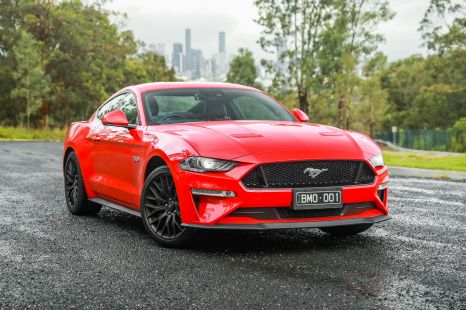

William Stopford
3 Days Ago
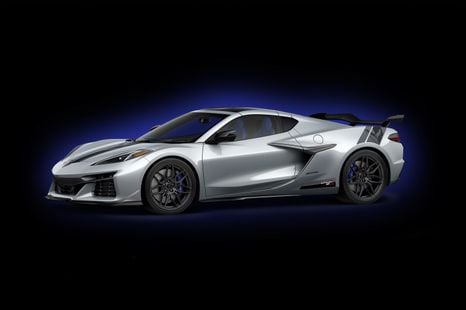

Damion Smy
8 Days Ago
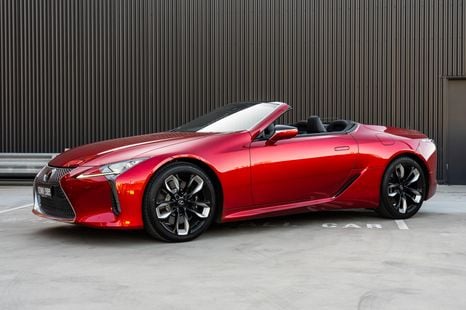

William Stopford
18 Days Ago


Damion Smy
30 Days Ago
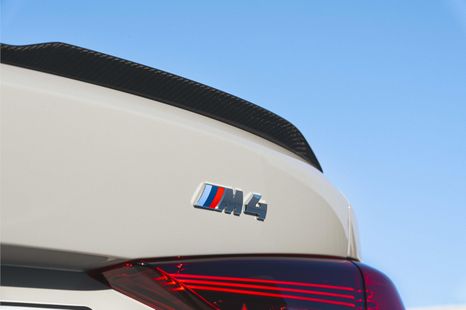

Damion Smy
1 Month Ago
Add CarExpert as a Preferred Source on Google so your search results prioritise writing by actual experts, not AI.